CBN vs Melatonin - Which Is Better For Sleep?
Getting enough sleep is vital for our day-to-day function and overall physical and mental health. Despite this, many of us struggle to get adequate sleep, (1 in 3 adults, or about 84 million people, according to the State of Sleep Health in America report for 2023). This problem has sprouted growing interest in alternative sleep remedies. While many have turned to melatonin to address this problem, others have turned to CBN (cannabinol) out of concern that melatonin is unsafe.
So the question arises, out of these two natural options, which is better for sleep- CBN or melatonin? We'll go into the specifics of what these compounds are, how they differ, and which is the better sleep aid for you.

What Is CBN?
CBN, cannabinol, is a non-intoxicating compound found in cannabis and hemp plants. We know THC (Delta-9-tetrahydrocannabinol) as the main compound that gets one high. Well, CBN is known as a weaker version of THC, without the euphoric effects. This is because as THC breaks down over time, due to exposure to heat, air, and/or light. As THC breaks down, it naturally converts to CBN. Its potential benefits are said to include: supporting a normal immune response, relaxation, pain relief, and- you guessed it- sleep-inducing effects. CBN is available in the form of gummies, capsules, topicals, oil, and more.
What is Melatonin?
Unlike CBN, melatonin is a hormone that your brain naturally produces for sleep. It plays a critical role in regulating your circadian rhythm, or sleep-wake cycle. Melatonin is also available as a supplement, typically as an oral tablet or capsule, made in a lab. Due to its role in promoting sleep, people commonly use melatonin supplements to help manage sleep disorders such as insomnia and jet lag. Despite this there's been growing concern about the effects of long-term use of melatonin, which we explore later on.
CBN vs Melatonin: How Do They Work?
Now that we've gone over what CBN and melatonin are, let's discuss how they work to induce sleep. CBN works its magic through interaction with the body's endocannabinoid system (ECS). This system, comprised of cannabinoid receptors and naturally occurring cannabinoids, regulates various physiological processes, including mood, appetite, and yes, sleep. When CBN enters the body, it binds to cannabinoid receptors, particularly the CB1 receptor, which is abundant in the brain. By activating these receptors, CBN can produce sedative and relaxing effects, making it a promising candidate for promoting sleep.
On the other hand, melatonin operates as the conductor of our body's internal orchestra, known as the circadian rhythm. This rhythm governs our sleep-wake cycle, orchestrating the ebb and flow of alertness and drowsiness throughout the day. The brain produces and releases melatonin in response to the time of day. It increases in the evening when it gets dark, signaling to the body that it's time to wind down and prepare for sleep. And melatonin levels decrease during the day when there's light out. By interacting with specific receptors in the brain, melatonin helps regulate the timing and duration of sleep, promoting sleep onset and overall sleep quality.
In essence, while CBN taps into the body's endocannabinoid system to induce relaxation and sedation, melatonin plays a role in orchestrating the body's internal clock. When deciding which sleep aid may be the better fit for your individual sleep struggles, it's essential to understand these distinct mechanisms of action.
Effectiveness Melatonin for Sleep
Numerous studies have demonstrated the effectiveness of melatonin supplements in improving sleep latency (the time it takes to fall asleep) and overall sleep quality. These supplements work by supplementing the body's natural production of melatonin, the hormone responsible for regulating the sleep-wake cycle. Its efficacy in promoting sleep onset and maintaining sleep duration makes it a popular choice for those seeking a natural solution to sleep disturbances.
People typically use these supplements to alleviate insomnia symptoms, characterized by difficulty falling asleep, staying asleep, or waking up too early and being unable to fall back asleep. Additionally, those experiencing jet lag, a temporary sleep disorder resulting from rapid travel across multiple time zones, often turn to melatonin supplements to help adjust their internal clocks to the new time zone.

Effectiveness of CBN for Sleep
Conversely, CBN has garnered attention for its potential sedative properties, with anecdotal evidence suggesting that it may promote relaxation and help with sleep. But what does the research say? While there's limited scientific research on CBN's efficacy specifically for sleep, preliminary studies and user testimonials show promising results.
This study in particular, assessed the use of CBN versus placebo in a group of 321 participants who self-rated their sleep quality as either poor or very poor For seven days, subjects consumed either 20mg of CBN, a combined dosage of CBN and CBD, or placebo prior to bedtime. The study authors reported individuals receiving 20 mg CBN demonstrated reduced nighttime awakenings and overall sleep disturbance relative to placebo.
Potential Side Effects and Risks
Both CBN and melatonin have been acclaimed for their potential benefits in promoting sleep, however it's essential to consider the potential side effects and risks associated with their use when deciding which is best for you.
Melatonin
While melatonin is widely regarded as an effective sleep aid, it's not without its potential downsides. Aside from potential interactions with other medications, one common issue reported by some users is excessive daytime drowsiness. This can interfere with daily activities and productivity, negating the intended benefits of improved sleep quality. Additionally, some individuals may experience vivid dreams or nightmares as a side effect of melatonin use. While not harmful per se, these intense dreams can disrupt sleep patterns and leave users feeling less rested in the morning.
As far as sleep troubles lasting more than a month go, the American Academy of Sleep Medicine and the American College of Physicians advise that chronic sleep issues shouldn't be managed with melatonin. These groups note that there is not enough evidence that melatonin is safe and effective for long-term use.
Related Products
As there hasn't been sufficient study into the effects of prolonged or excessive use of melatonin supplements, speculations arise that chronic usage may potentially result in hormonal imbalances. As put by California State University Stanislaus, overuse of this supplement can cause a disruption in the circadian rhythm. This leads some to believe that such imbalances could have broader implications for reproductive health and other physiological processes.Â
Considering these potential drawbacks and side effects is important when evaluating the suitability of melatonin as a sleep aid. While it can be effective for many individuals, it's essential to weigh the potential risks against the benefits.
CBN
While CBN emerges as a promising aid for sleep, its use may also come with potential side effects that warrant consideration. One notable effect users reported is drowsiness, which can impact cognitive function and motor skills. This is especially the case for those who consume CBN in higher doses. Moreover, individuals should be mindful of potential interactions with certain medications. Additionally, since CBN is a THCÂ byproduct, there's a risk of a CBN product flagging a drug test for THC.
Despite these considerations, it's important to note that side effects associated with CBN supplementation are generally mild and well-tolerated. However, users should remain vigilant in monitoring their response to CBN. And be prepared to adjust their dosage as necessary to mitigate any adverse effects.
As with any supplement, individual responses to CBN may vary. One should take factors like dosage, purity, and underlying health conditions into account. Consulting with a healthcare provider can help determine the most suitable approach to incorporating CBN into one's sleep regimen. This ensures a balanced consideration of potential benefits and risks.
Best CBN Products for Sleep
As we explore CBN's role in achieving a restful night's sleep, one name stands out among the rest: Mellow Fellow. Renowned for their unwavering commitment to quality, transparency, and innovation, Mellow Fellow has recently unveiled a groundbreaking addition to their Wellness line, Rest: The Sleepy Blend.

This carefully crafted blend features CBN alongside complementary cannabinoids. It represents a culmination of Mellow Fellow's dedication to providing premium experience-based products to address your particular needs.
Pairing the sedating properties of CBN with full spectrum CBD, and CBG, the Rest Blend offers a synergistic approach to sleep support, harnessing the power of the entourage effect to maximize efficacy. Whether you prefer the convenience of gummies, the simplicity of soft gel capsules, or the versatility of tinctures, Mellow Fellow offers a range of Rest Blend products to suit your individual preferences and lifestyle.
FAQs About Using CBN For Sleep
Is CBN Legal?
The 2018 Farm Bill legalized hemp, so cannabinoids like CBN are federally legal. Specifically, as long as they are derived from hemp and contain less than 0.03% THC. Despite this, laws and regulations may vary state to state. So it's important to familiarize yourself with the specific regulations in your area before purchasing or using CBN products.
Will CBN Make You High?
CBN is generally a non-intoxicating compound in small quantities. It would take very large doses to feel any kind of intoxication.
Does CBN Make You Sleepy?
CBN is renowned for its potential to induce feelings of relaxation and promote restful sleep. These properties are what make it a popular choice for those struggling with falling and staying asleep.Â
Will CBN Show Up On A Drug Test?
While CBN itself isn't typically a component of standard drug tests, some tests may detect its presence. This especially depends on the tests' sensitivity and specificity. Ultimately, if you're concerned about an upcoming drug test, it's advisable to err on the side of caution and refrain from using CBN products.
Final Thoughts
When comparing CBN and melatonin for sleep, it's important to consider individual differences in response and tolerance to each one. While both may offer benefits for sleep, the optimal choice may vary. Your choice may depend on factors like the underlying cause of sleep disturbances, preferences, and preexisting medical conditions. Consulting with a healthcare professional can help determine the most suitable option based on your needs and circumstances.
Connect with us on Facebook, Instagram, and Twitter, or subscribe to our newsletter.
Explore Other Articles
View allExplore more
- 11 hydroxy thc
- Blends
- blunt
- burn blend
- cannabinoids
- cartridge
- CBD
- cbg
- CBN
- Charged Blend
- Clarity Blend
- Concentrates
- Connection Blend
- Creativity Blend
- Dabs
- delta
- delta 10
- delta 11
- delta 8
- Delta 8 thc
- delta 9
- delta 9 thc
- Delta-10-THC
- Delta-11-THC
- delta-8
- Delta-8-THC
- Delta-9-THC
- delta9
- Desire Blend
- destination series
- Diamonds
- disposable
- disposable vape
- Dream Blend
- dry january
- edibles
- elevate blend
- entourage
- entourage effect
- entourage effects
- Euphoria Blend
- focus
- gummies
- H4CBD
- halloween
- hemp
- hemp-derived
- HHC
- HHCp
- HTE
- Indica
- Introvert Blend
- Joint
- lean
- legal
- Live Resin
- Live Resin cartridges
- m-fusions
- mechoulam
- momentum blend
- Motivation Blend
- one hitter
- preroll
- productivity
- raphael mechoulam
- Recover Blend
- Relief
- sleep
- strain review
- terp sauce
- Terpenes
- Thanksgiving
- thc
- THC beverage
- THC Drink
- thc lean
- thc-p
- THCa
- THCa Flower
- THCb
- THCh
- THCm
- thcp
- THCp edibles
- THCv
- the elevate blend
- The Energy Blend
- The Happy Blend
- The Illuminate blend
- the momentum blend
- The Rest Blend
- Tranquility Blend
- vape
- vape cartridge
- Vapes
- wax
- wellness
- zkittlez


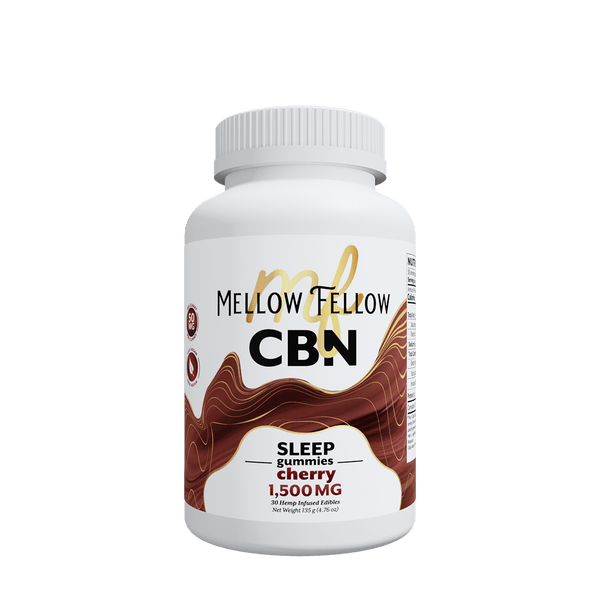
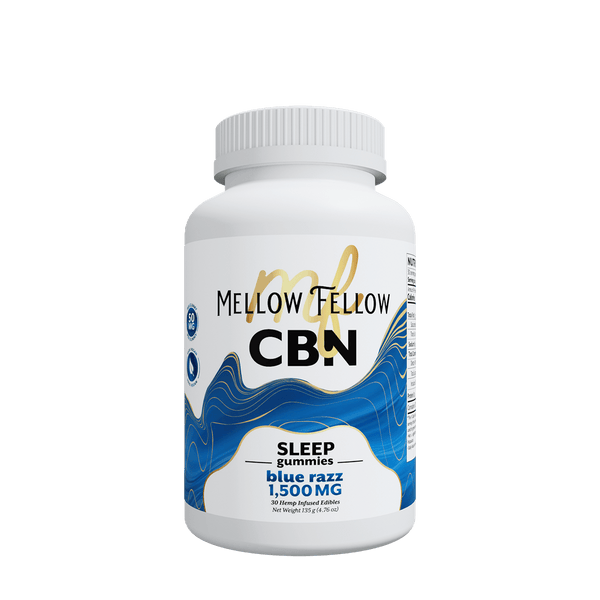
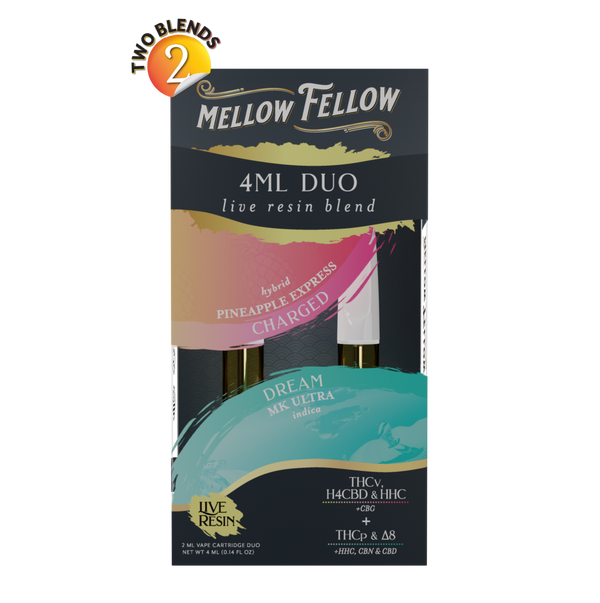
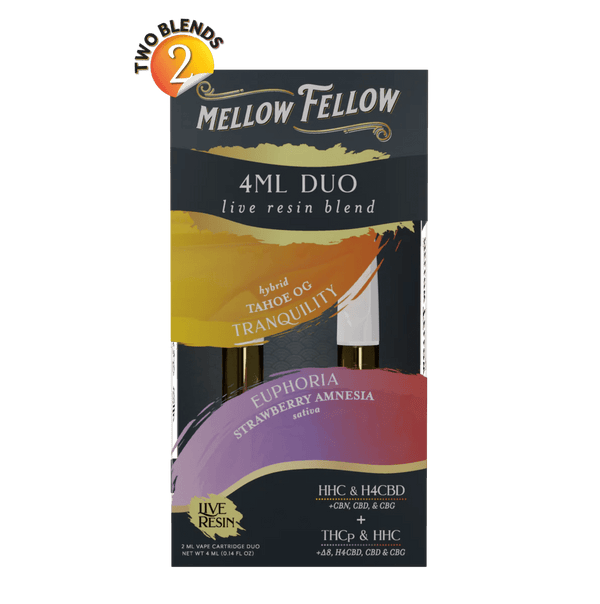
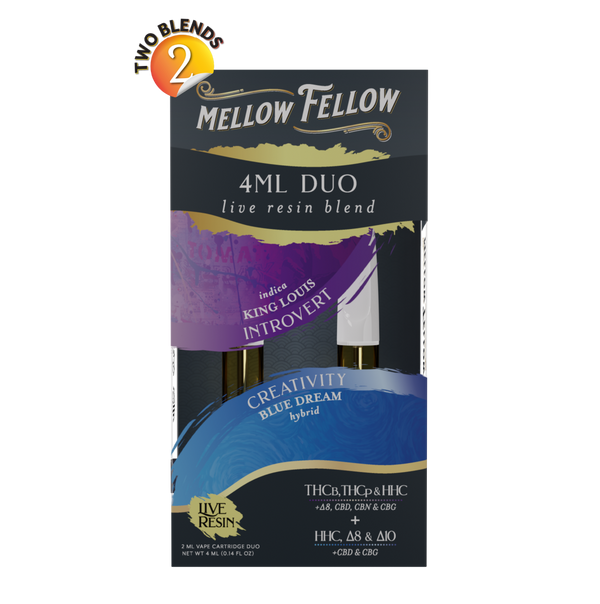











Leave a comment